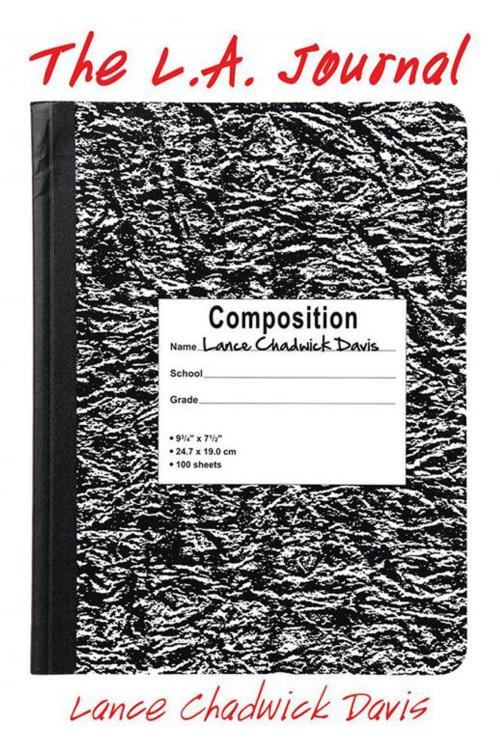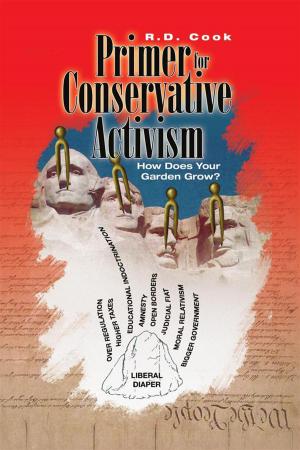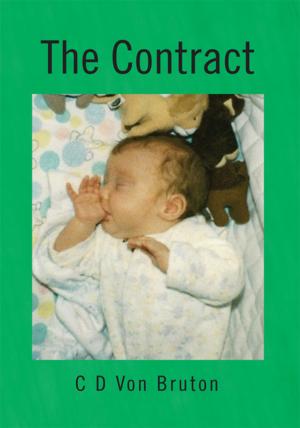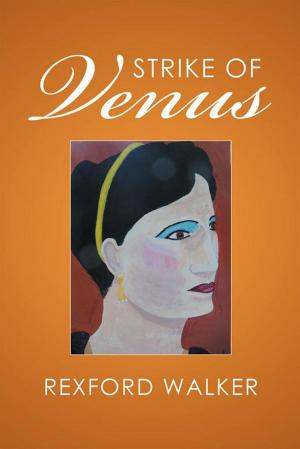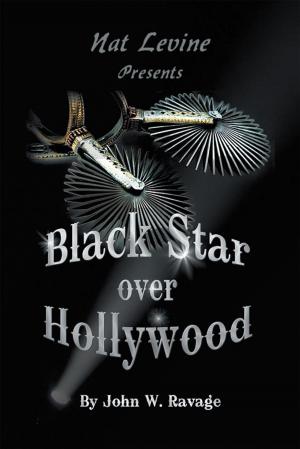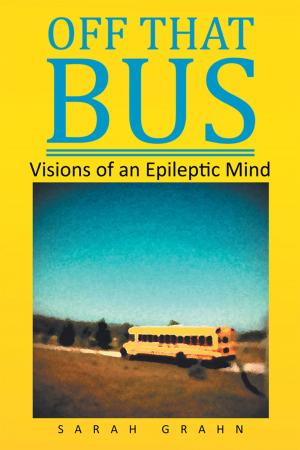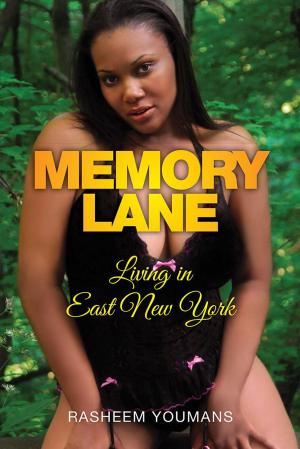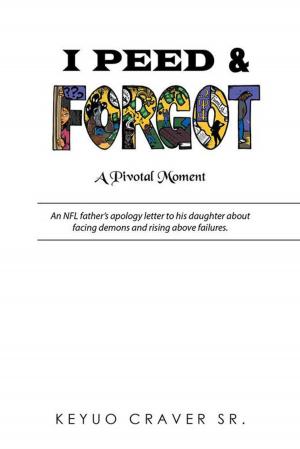| Author: | Lance Chadwick Davis | ISBN: | 9781503574854 |
| Publisher: | Xlibris US | Publication: | June 19, 2015 |
| Imprint: | Xlibris US | Language: | English |
| Author: | Lance Chadwick Davis |
| ISBN: | 9781503574854 |
| Publisher: | Xlibris US |
| Publication: | June 19, 2015 |
| Imprint: | Xlibris US |
| Language: | English |
This diary records the details, emotional and salacious, of two periods in the life of an academic. In 1989 his wife of twenty years was killed instantly while driving to work. Six months later, he fell into a romantic relationship with a former student as he tried to cope with the loss of his wife. He kept a diary in which he recorded his emotional conflicts when he faced the hard choice of disconnecting from his first love while rearing his teenage daughter as a single parent and rediscovering romance with five different women during the course of the next three years. Its all there. The overwhelming sense of loss, the uncertainty of single parenthood, his reeducation in sex and romance after nearly twenty years of marriage. Its a daily account of a middle-aged mans struggles as he forged his way into an entirely new personal life in a coming-of-age story that usually occurs when men are twenty or thirty years younger. Its a tale of belated innocence lost and of uncertainty and surprise about the nature of romance and sex, a generation after having first fallen in love. You can sense the conflict as he weighs his new experiences and the possibilities that his newfound relationships hold against his cherished memories. You can sense his amazement as he relearns what younger women expect from him in terms of sex and romance. The diary is put away once his life returns to an even keel, and he finally remarries. His second wife is a former student and a generation younger. But entries into the diary are reinitiated about fifteen years into the marriage and are occasioned by his troubled transition from academia to retirement. Once again he is conflicted with a change in his identity, and the symptoms of depression take a temporary toll on his marriage. His recorded experiences constitute a frank and poignant memoir even though they account for only a handful of years in his life, and its likely that adults of all ages will find something within his journal with which they can identify. The L.A. Journal should enjoy broad market appeal, since it is teeming with tragedy, emotional conflict, romance, sex, depression, the relationship between a widower dad and his adolescent daughter, rediscovery of self, and assimilation of a new life at midlife. And all of it is true with events recorded as they occurred.
This diary records the details, emotional and salacious, of two periods in the life of an academic. In 1989 his wife of twenty years was killed instantly while driving to work. Six months later, he fell into a romantic relationship with a former student as he tried to cope with the loss of his wife. He kept a diary in which he recorded his emotional conflicts when he faced the hard choice of disconnecting from his first love while rearing his teenage daughter as a single parent and rediscovering romance with five different women during the course of the next three years. Its all there. The overwhelming sense of loss, the uncertainty of single parenthood, his reeducation in sex and romance after nearly twenty years of marriage. Its a daily account of a middle-aged mans struggles as he forged his way into an entirely new personal life in a coming-of-age story that usually occurs when men are twenty or thirty years younger. Its a tale of belated innocence lost and of uncertainty and surprise about the nature of romance and sex, a generation after having first fallen in love. You can sense the conflict as he weighs his new experiences and the possibilities that his newfound relationships hold against his cherished memories. You can sense his amazement as he relearns what younger women expect from him in terms of sex and romance. The diary is put away once his life returns to an even keel, and he finally remarries. His second wife is a former student and a generation younger. But entries into the diary are reinitiated about fifteen years into the marriage and are occasioned by his troubled transition from academia to retirement. Once again he is conflicted with a change in his identity, and the symptoms of depression take a temporary toll on his marriage. His recorded experiences constitute a frank and poignant memoir even though they account for only a handful of years in his life, and its likely that adults of all ages will find something within his journal with which they can identify. The L.A. Journal should enjoy broad market appeal, since it is teeming with tragedy, emotional conflict, romance, sex, depression, the relationship between a widower dad and his adolescent daughter, rediscovery of self, and assimilation of a new life at midlife. And all of it is true with events recorded as they occurred.
